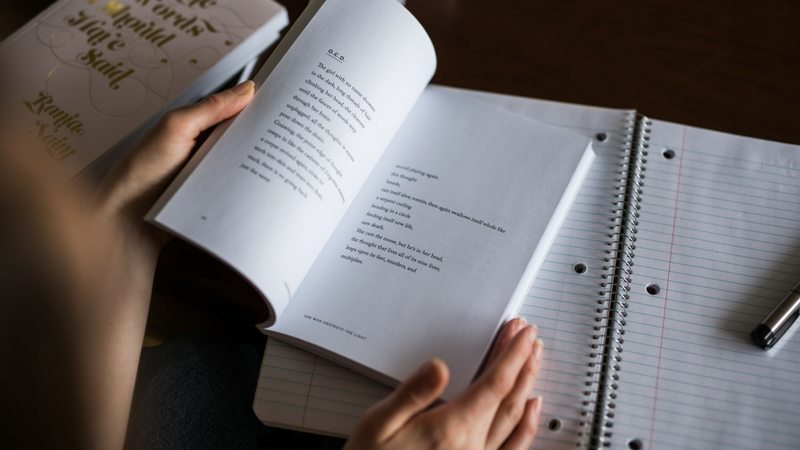Why Take Notes
Episode #8 of the course How to read and retain more by Abasi Latcham
Welcome back.
Today, we are going to discuss an effective way to retain what you read.
Marginalia
Marginalia is the process of writing in a book’s margins to record questions, answers, summaries, and reactions. Taking notes as you read is a critical part of reading better and understanding and retaining what you read.
And why is that? Several reasons:
• It keeps you awake and engaged with the text.
• Reading actively requires conscious thought. Conscious thought means thinking. According to Adler, thinking “tends to express itself in words, spoken or written. The person who says he knows what he thinks but cannot express it usually does not know what he thinks.”
• Reading is essentially a conversation between you and the author. Taking notes allows you to respond, ask questions, and disagree. It also helps you answer the questions of analytical reading.
Adler (who else?) suggests an elegant way to fuse marginalia with analytical reading. He recommends using the blank pages at the front of a book as “a record of your thinking.” He suggests that you use those pages to write your answers to Question 1 (“What is the book about?”) from yesterday’s lesson, which will serve as “the measure of your understanding of the work.”
And it’s not just for nonfiction. People talk to characters in movies and TV shows; you can just as easily interact with textual characters.
Grab a pencil and start scribbling! You’ll be surprised how something so seemingly simple can help you retain what you read.
“He [Abraham Lincoln] made notes of what he read with his turkey-buzzard pen or brier-root ink. If he did not have these handy, he would write with a piece of charcoal or the charred end of a stick, on a board, or on the under side [sic] of a chair or bench.”
—Wayne Whipple, The Story of Young Abraham Lincoln
E-books
“Marginalia sounds great,” I hear you say, “but I read on an e-reader…” Well, that’s a bit more difficult.
Writing marginalia on an e-book is a more involved process. However, it’s arguably more important for retention. Studies show that reading a physical book aids retention because your brain “maps” your progress as you travel through the book. Particular passages are easier to recall because you benefit from the “metadata” provided by its position in the book and on the page. Scientific American explains:
“A reader of digital text might scroll through a seamless stream of words, tap forward one page at a time, or use the search function to immediately locate a particular phrase—but it is difficult to see any one passage in the context of the entire text. As an analogy, imagine if Google Maps allowed people to navigate street by individual street, as well as to teleport to any specific address, but prevented them from zooming out to see a neighbourhood, state or country.”
If you’ve tried to find something in an e-book, I’m sure you agree. One suggestion is to mark the passages of interest as you go using your device’s inbuilt function, and in parallel, write (on paper) your questions, answers, and thoughts in a commonplace book. Once read, transfer the marked passages across too. But note: Mere highlighting is not enough; you need to engage with the author.
Alternatively, instead of writing things down, you can just discuss them with a friend. But the effect would be much smaller.
Tomorrow, we will look at some shortcuts on how to know which books are worth reading.
Key Lesson
To get the most out of reading, you need to have a conversation with the author. You do this by taking notes and asking and answering questions. Write your thoughts down in the margins or in a commonplace book.
Daily Exercise
Next time you sit down to read, make sure you have a pencil handy. Mark a passage, take a note, or ask a friend what they think of an argument.
Until tomorrow.
Recommended reading
How and Why to Keep a “Commonplace Book”
Recommended book
Marginalia: Readers Writing in Books by H.J. Jackson
Share with friends

